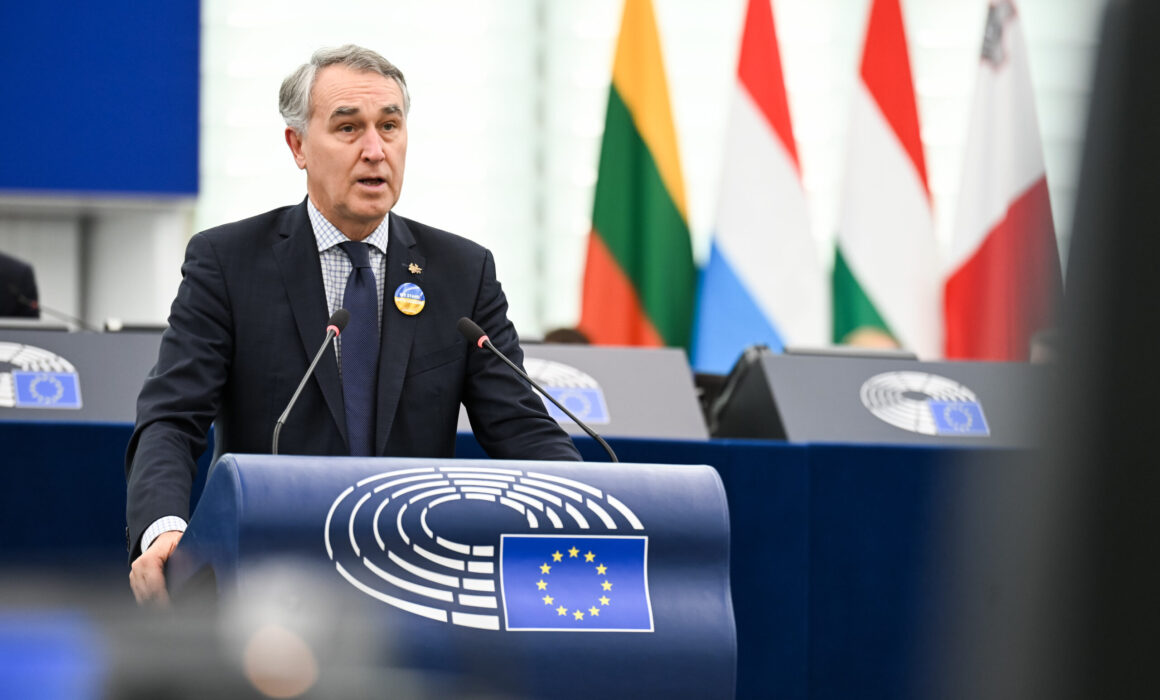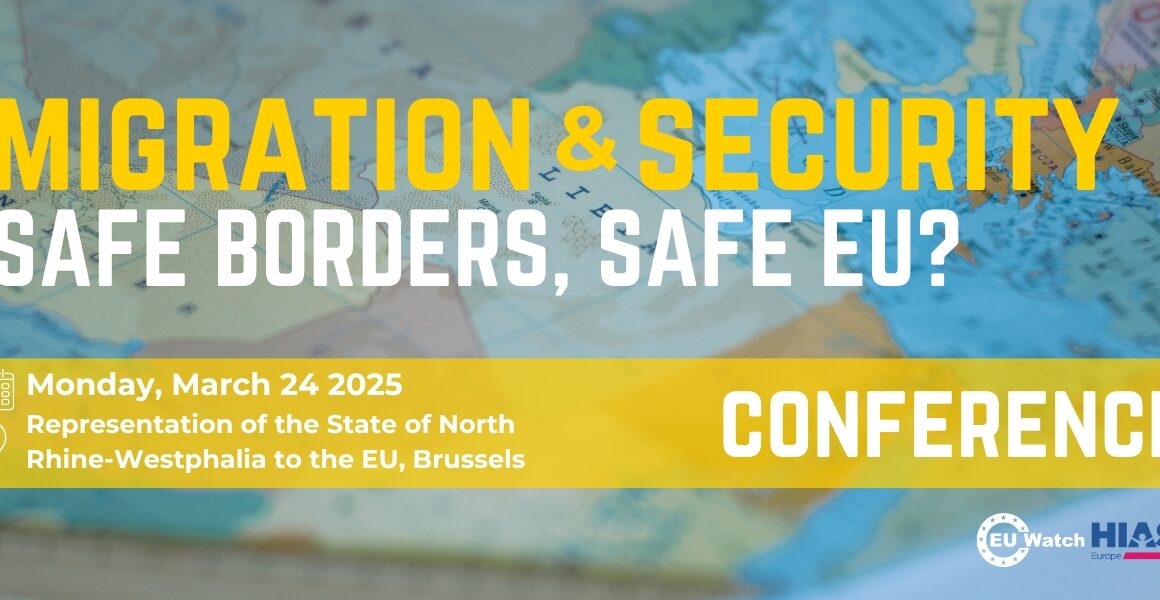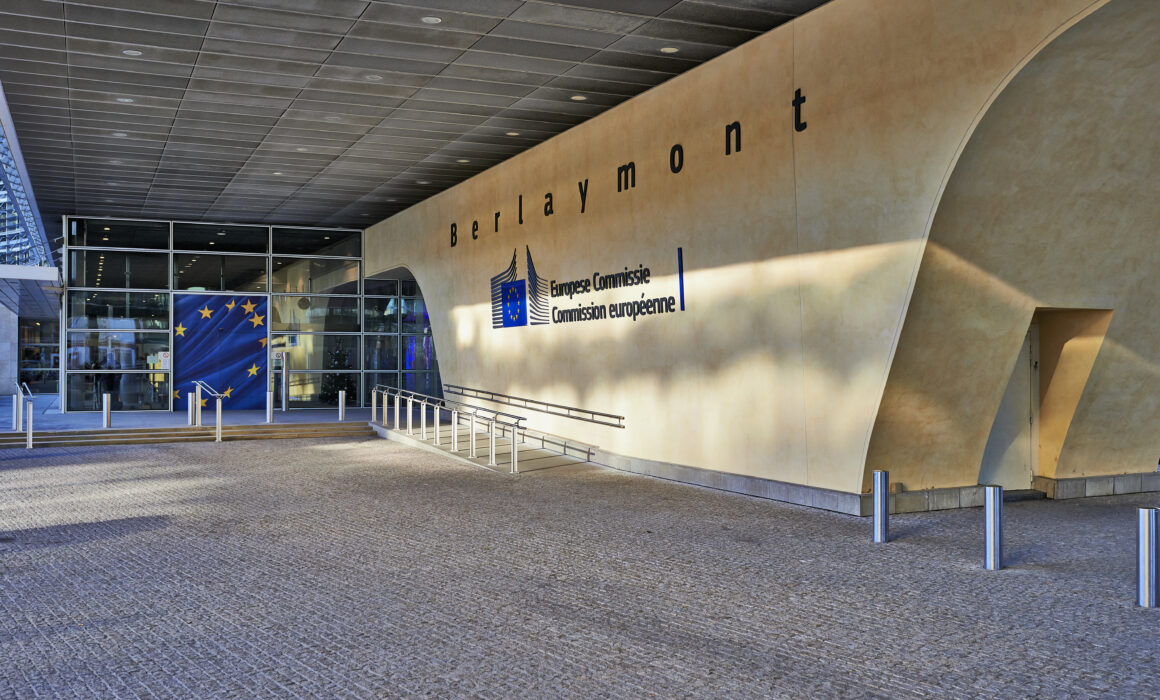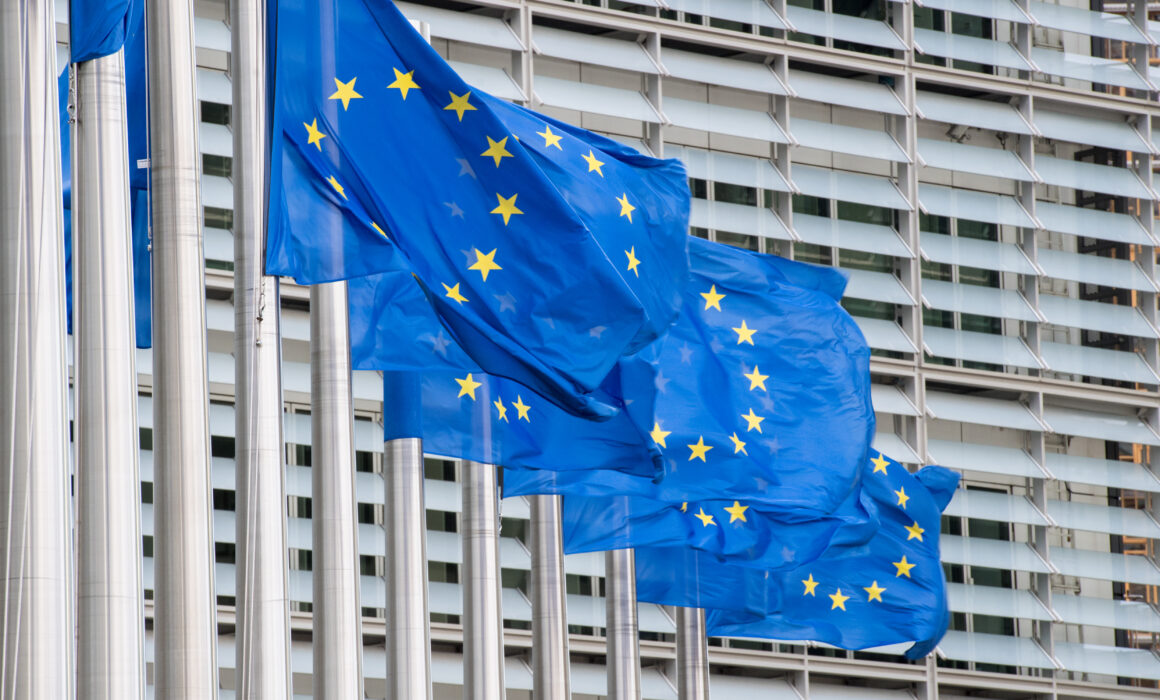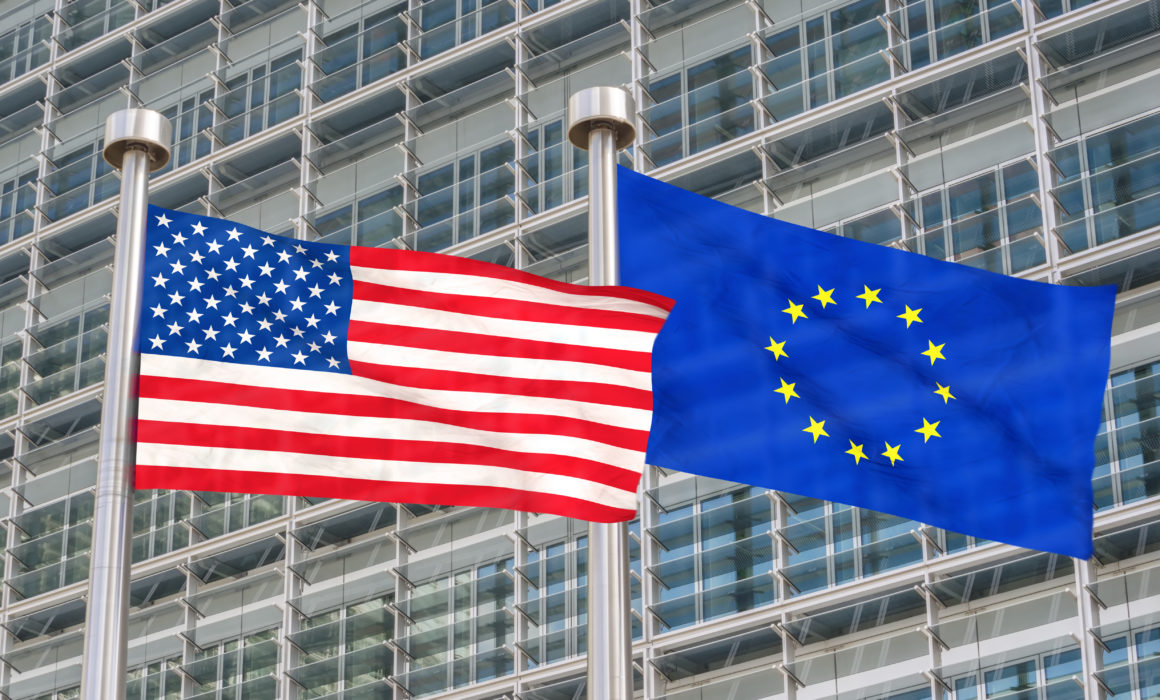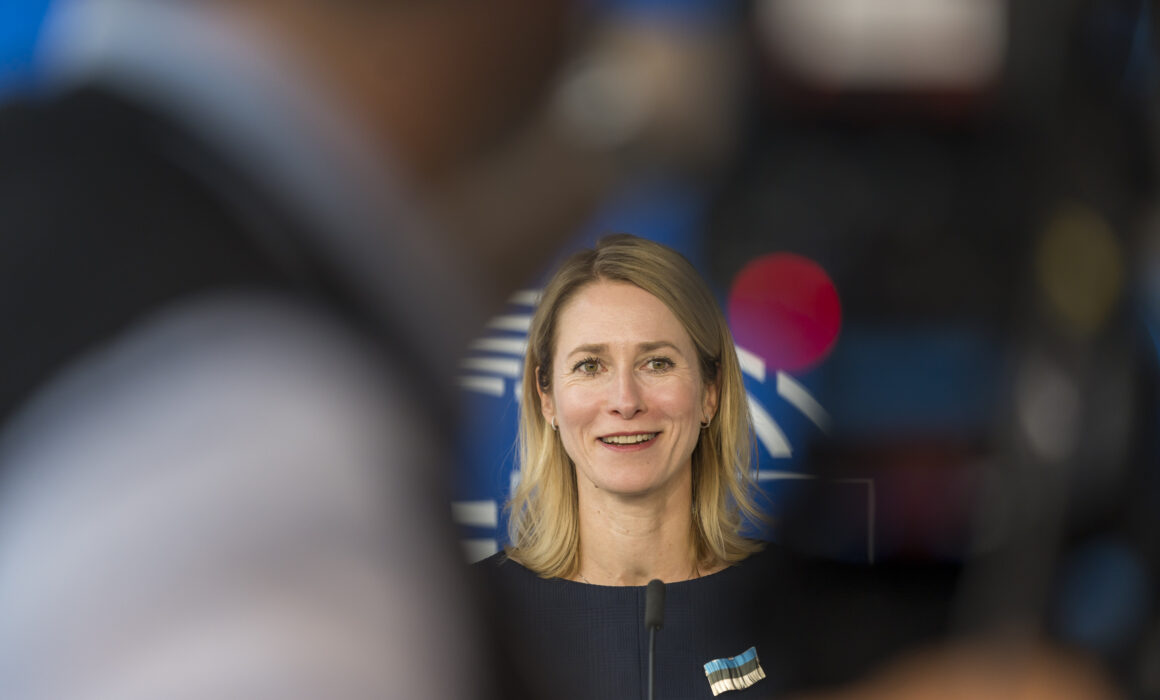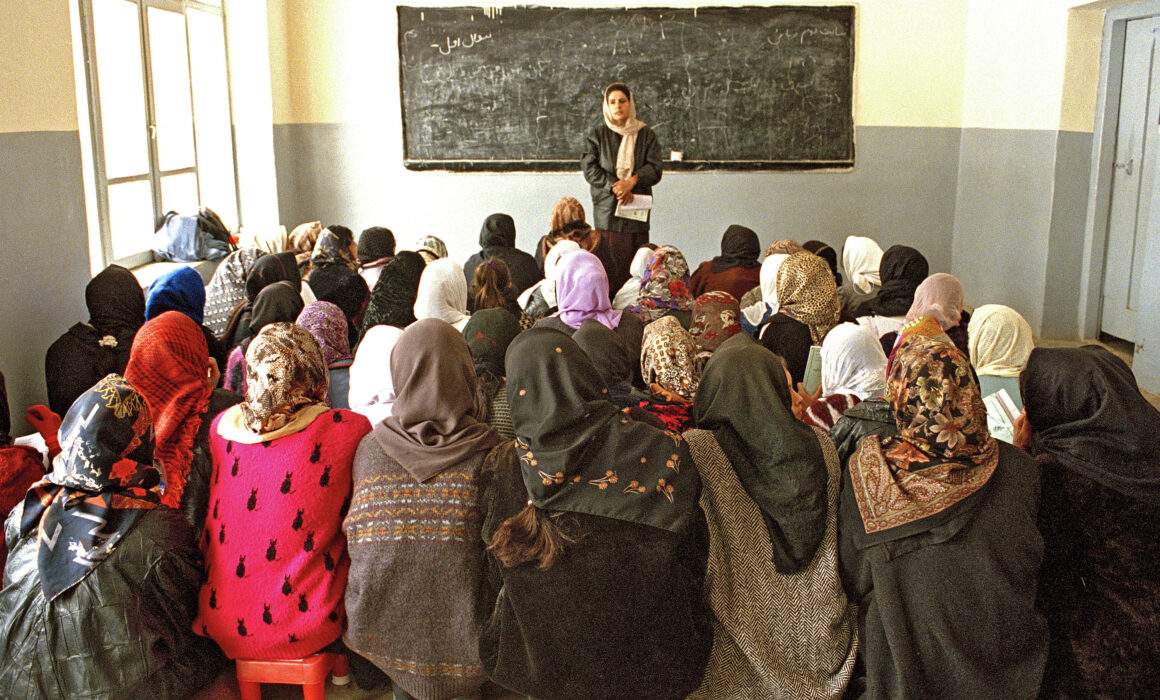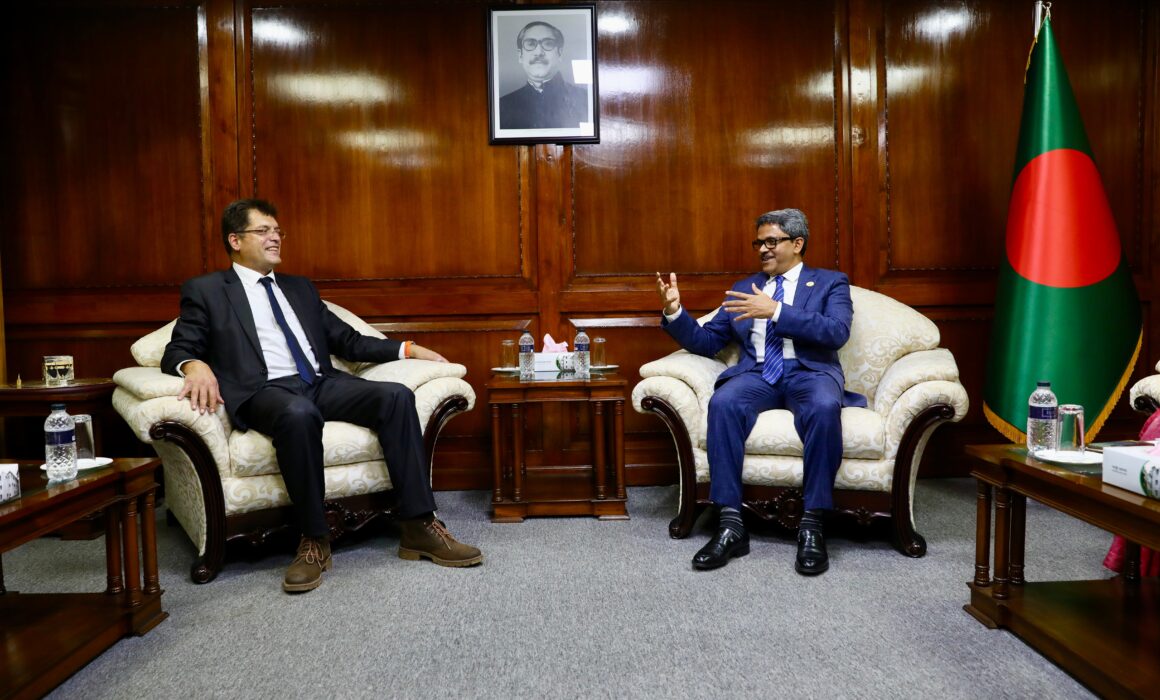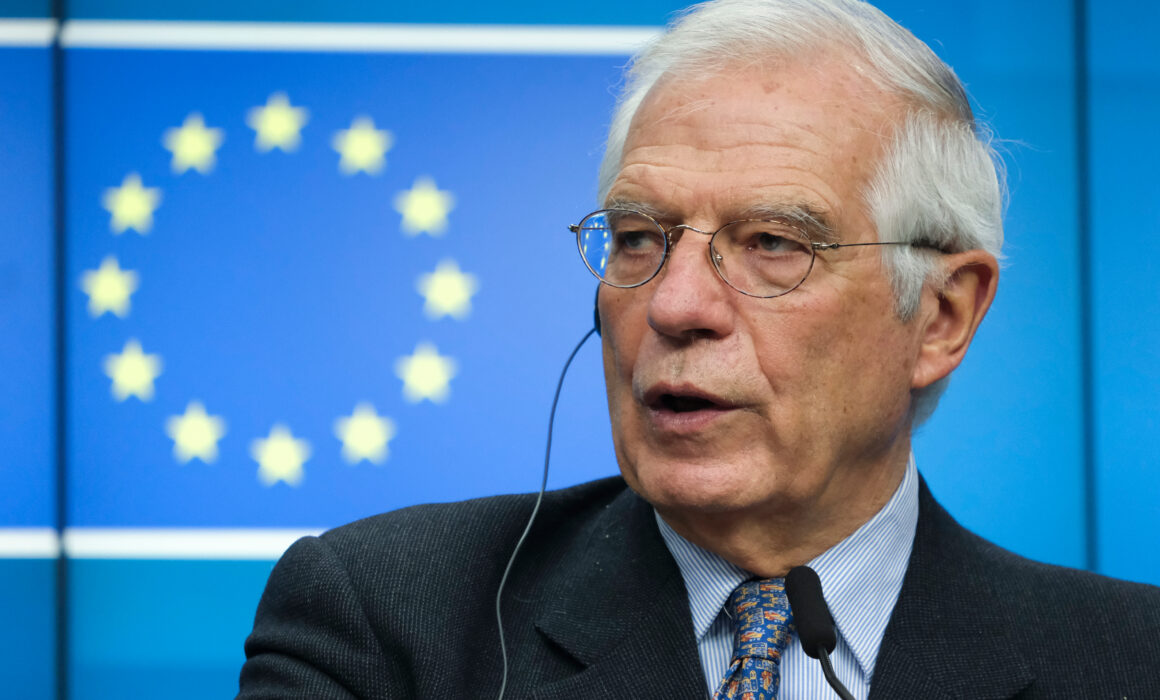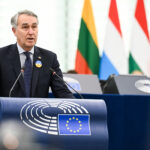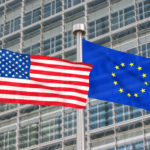The European Union is preparing a new sanctions package targeting Iran. Is the EU altering its policy towards Iran?
The European Union is preparing new sanctions targeting Iran ahead of the Foreign Affairs Council meeting of 14-15 November. According to Politico’s Brussels “Playbook“, the basis for the new restrictive measures is Iran’s “brutal suppression of protestors”. Nationwide protests have swept the country since the arrest and death of Mahsa Amini in September 2022.
The new sanctions package is “set to target individuals and entities” continuing the EU’s approach of holding responsible those that are involved.
Last month, 17 October, the EU adopted sanctions targeting 11 Iranian officials and four entities over “their role in the death of Mahsa Amini and the violent response to the recent demonstrations in Iran.”
Then, just three days later, the EU decided to adopt another Iran-related sanctions package, this time over the use of Iranian drones in the Russian war against Ukraine – adding three more Iranian officials and one entity to the list of those under restrictive measures in relation to the Russian war against Ukraine.
In essence, sanctioned individuals have their assets in Europe frozen and cannot travel to the EU. On top of this, companies and EU citizens are forbidden from making funds available to the listed individuals and entities. But the question remains – how effective are these types of sanctions?
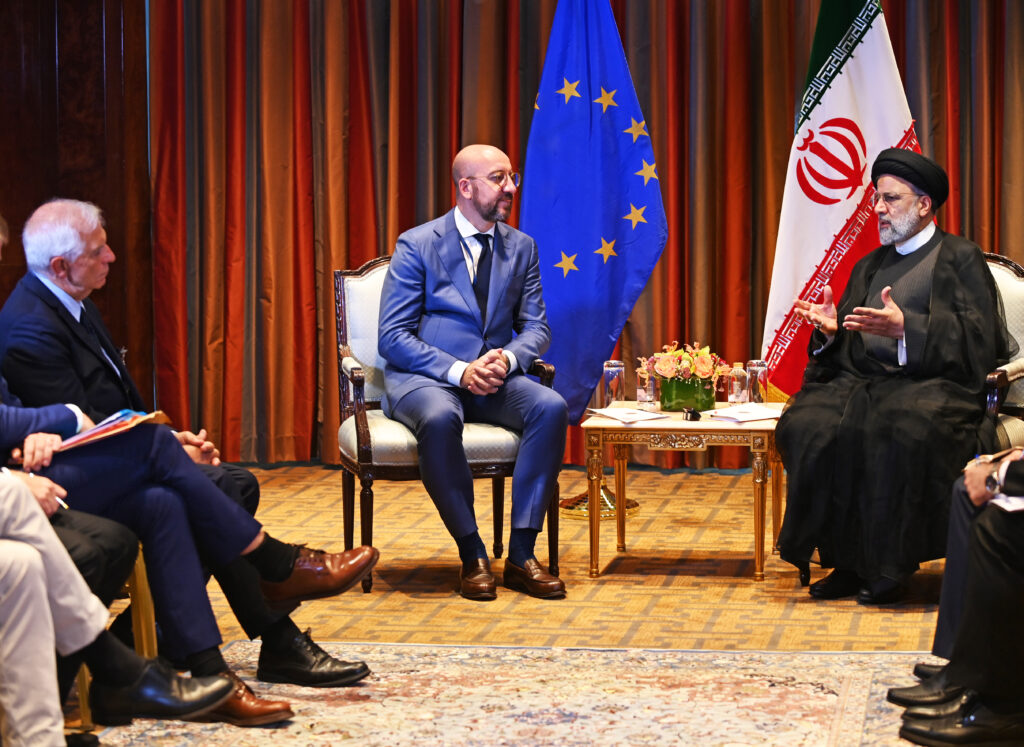
Who made it on the EU sanctions list?
Currently, under the EU’s restrictive measures, around 100 Iranian individuals and nine entities are on the so-called “Iran list” (human rights violations) and the “Ukraine list” (for actions that undermine territorial integrity of Ukraine).
Previously, the European Union has sanctioned: Major-General Mohammad Bagheri (Chief of Staff of Iran’s Armed Forces), Mohammad Rostami (the head of Iran’s “morality police”), Hajahmad Mirzaei (Head of morality police in Tehran), Issa Zarepour (Minister of Information and Communications Technology), Hossein Rahimi (Head of Law Enforcement Forces in Tehran), and more.
Organizations that were put under sanctions, aside from Iran’s morality police, are Shahed Aviation Industries, the Basij Resistance Force (militia), the Cyber Defence Command of the Islamic Revolutionary Guard Corps (IRGC) and the Law Enforcement Forces of the Islamic Republic of Iran.
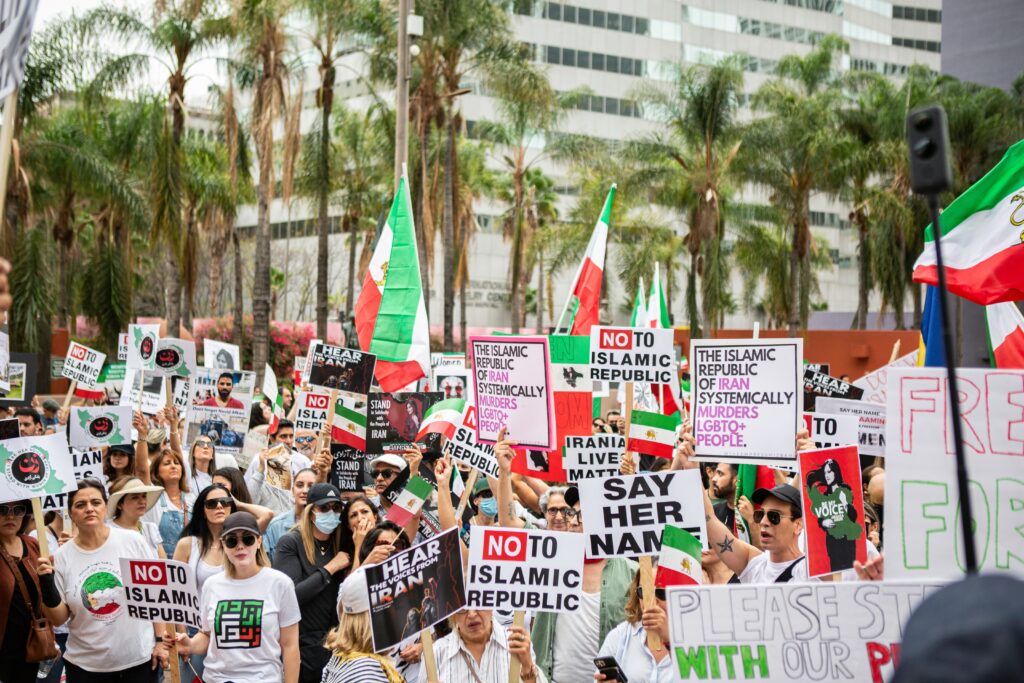
Individuals sanctions vis-a-vis economic sanctions?
EU Watch asked Gabriel Noronha, former Special Advisor to the Iran Action Group at US State Department to provide us with clues on the effectiveness of individual restrictive measures. He told us that “targeted individual sanctions don’t have the same effect as economic sanctions. If the EU really wants to hit Iran hard and create a change in behavior, they could consider banning Iranian airlines from flying to the EU, or sanction Iranian banks doing business in Europe as they are also involved in financing terrorist groups in Iran.”
Witold Waszczykowski an MEP from the ECR group in the European Parliament and a former Polish foreign minister supports sanctions towards Iran but doubts their effectiveness. In a recent interview with EU Watch, Waszczykowski said that sanctions are an “important political gesture” but he is “not sure they are very effective.”
He also stated that “we have sanctioned Iran for many years before the nuclear agreement JCPOA in 2015, and also afterwards. So far, they have survived.” Nonetheless, Waszczykowski pointed the finger at Iran, saying that “by supporting Russian aggression Iran associates itself with the camp of evil, with the axis of evil.”
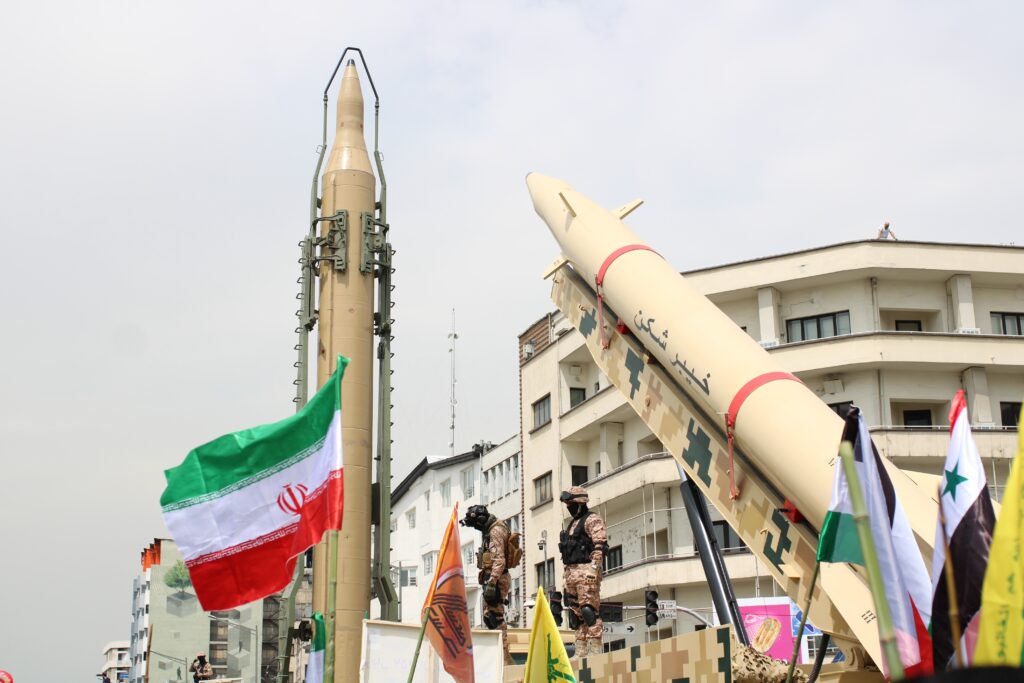
Iranian drones on the battlefields in Ukraine
Amongst the latest additions to the EU sanctions list is Major-General Mohammad Bagheri (Chief of Staff of Iran’s Armed Forces). He is in charge of supervising Iran’s military Unmanned Aerial Vehicle (UAV) programme but also plays a crucial role in Iran’s defence cooperation with Russia.
The move came after reports broke out that Russia has acquired large quantities of Iranian drones, including the Shahed “kamikaze” drones, that are being used in the recent attacks against civilian and critical infrastructure in Kyiv, Kharkiv, Odessa and elsewhere.
On the question of Iran providing arms and drones to Russia, EU High Representative Josep Borrell stated that Iran denied doing it but that the “Ukrainians have been providing evidence of the use of drones.” Borrell also pointed out that the delivery of Iranian drones to Russia is a “violation of the United Nations resolution.”
“It is our belief that these UAVs that were transferred from Iran to Russia and used by Russia in Ukraine are among the weapons that would remain embargoed under 2231,” said Vedant Patel, the deputy spokesperson for the US State Department.
“Iran’s provision of attack drones to Russia has grown more serious as the drones have taken a leading role in Putin’s efforts to freeze Ukrainians to death this winter by targeting Ukrainian energy infrastructure” says Gabriel Noronha. He further stresses that “unless the United States and the European Union take action to snapback sanctions at the UN, the restriction in UNSCR 2231 against Iranian transfers of drones and missiles will expire next October.”
Switzerland has decided to align itself with the European Union’s sanctions over Iran’s delivery of drones to Russia. However, Bern stopped short of adopting the sanctions over the ongoing protests in Iran, citing that “the decision was made taking into account all of Switzerland’s domestic and foreign policy interests.”
— EU Watch (@EUWatchBrussels) November 4, 2022
Ahead of the @G7 meeting
@JosepBorrellF:
The delivery of #Iran drones to Russia which are used in the war againstUkraine "is a violation of the United Nations resolution"
The authorities of #Ukraine have provided evidence of the use ofIranian drones. pic.twitter.com/RfW3xSU0DH
Unpacking the ‘Mahsa Amini’ resolution of the European Parliament
At the beginning of October, the European Parliament had voted for a resolution condemning the death of Mahsa Amini and called on the foreign affairs ministers to impose sanctions. The joint resolution tabled by the EPP, Socialists & Democrats, Renew, Verts/ALE, Left and ECR groups was adopted by a large majority. MEPs called for an impartial and effective investigation of Amini’s death and expressed “solidarity with the young Iranian women leading and participating in the protests.”
Dietmar Köster, a member of the S&D group and the Parliament’s Delegation for relations with Iran, expressed dissatisfaction with the resolution. In a statement sent to EU Watch, he said that “those who have been oppressed for decades want nothing less than to overthrow the regime. Therefore, I very much hope that this will be recognized and that the appropriate political consequences will be drawn from it. In this respect, the resolution that the European Parliament was unsatisfactory.”
An amendment tabled on behalf of the Renew Group was adopted by MEPs. It acknowledges that the “Iranian women’s movement goes beyond the defence of women’s rights and advocates for a secular state in Iran instead of a violent and reactionary theocracy.”
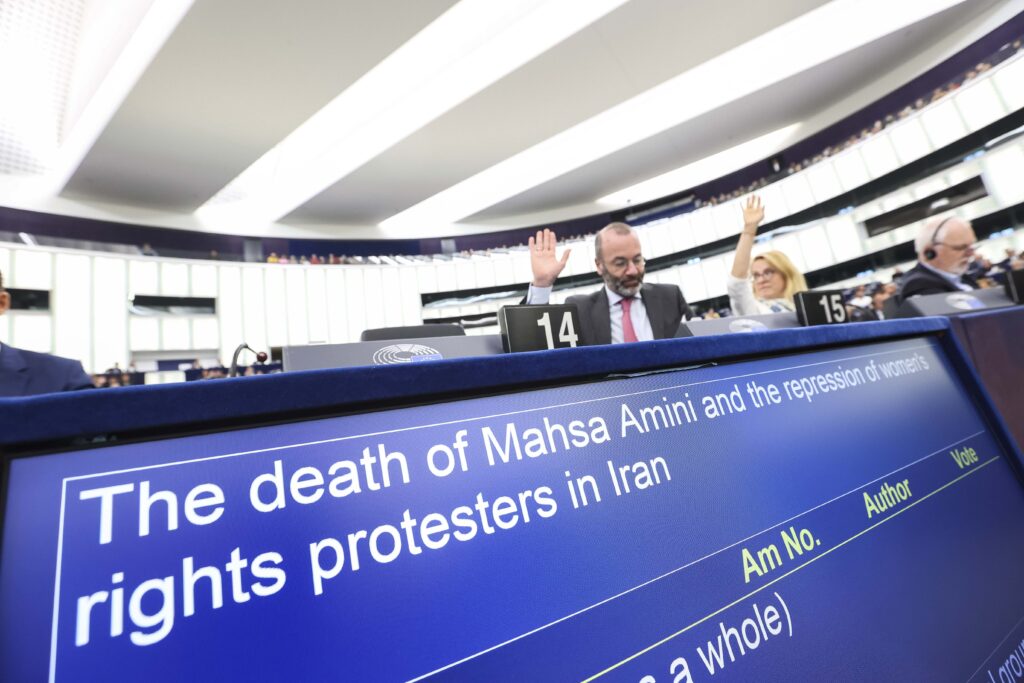
A United Nations investigation?
Members of the European Parliament urged the EU Foreign Affairs Council to sanction “Iranian officials, including all those associated with the ‘morality’ police, who are found complicit in or responsible for the death of Mahsa Jina Amini and violence against protesters.” At the same time, they stressed that sanctions against the leadership of the Islamic Revolutionary Guard Corps (IRGC) must not be lifted.
Annalena Baerbock, the foreign minister of Germany has been adamant that “those who beat up women and girls on the street, carry off people who want nothing other than to live freely, arrest them arbitrarily, and sentence them to death stand on the wrong side of history.”
The Green party politician went even further in her comments on Iran’s brutality announcing EU-led sanctions. “We will ensure that the EU imposes entry bans on those responsible for this brutal repression and freezes their assets in the EU. We say to people in Iran: We stand and remain by your side.”
The European lawmakers also urged the United Nations to get involved and called on the “UN, particularly its Human Rights Council, to launch without delay a comprehensive investigation into the events that have taken place in recent weeks.” At the same time, the resolution stipulated that the Human Rights Council should “establish an international investigative and accountability mechanism for human rights violations perpetrated by the Iranian Government.”
Swedish MEP Abir Al-Sahlani cuts hair during an EU parliament speech in solidarity with Iranian women following the death of Mahsa Amini.
— Sky News (@SkyNews) October 6, 2022
Read morehttps://t.co/87HSQxhNkL pic.twitter.com/eHUMX7JlLx
What about the 2015 JCPOA nuclear agreement with Iran?
On the question of the JCPOA, Witold Wasczykowski – a former Polish ambassador in Tehran – said he was sure that secretly “Iran wants the nuclear bomb” and all they need is a political decision and they can produce “their bomb within months.” The former Polish foreign minister remarked that even the Iranian opposition in exile “does not criticize the regime for pursuing a nuclear program.” He added: “Maybe they have it already.”
However, an amendment to the European Parliament’s resolution proposed by Waczszykowski’s ECR group, which sought the suspension of “any negotiations on the JCPOA in connection with the findings of the International Atomic Energy Agency probe and Tehran’s hostility throughout the region and globally”, was rejected by a majority of parliamentarians.
At the present time, the EU-led negotiations for a return of the United States to the JCPOA are on hold. That being said, there is still a chance that they might resume after the US midterm elections held on Tuesday.
Authors: Nenad Jurdana, Michael Thaidigsmann.
Our most recent news
“This is an existential threat – not only for Ukraine, but for Europe itself” – Lithuanian MEP Auštrevičius
EU Watch interviewed Lithuanian politician Petras Auštrevičius who serves for the third time as a Member of the European Parliament. We discussed Russia’s war against Ukraine, the EU’s defense strategy and the concept of strategic autonomy vis-a-vis NATO.
Register Now – Conference “Migration and Security: Safe Borders – Safe EU?”
EU Watch AISBL and HIAS Europe are delighted to invite you to our conference that is taking place on Monday, March 24 2025, at the Representation of the State of North-Rhein Westphalia to the EU, in Brussels.
EU: Taliban recognition hinges on full compliance with international norms
Read the response to our letter sent to EU foreign policy chief Josep Borrell regarding the EU’s Afghanistan policy and human rights issues, with a particular focus on Afghan women’s rights.
How the US election could shape Europe’s security future?
EU Watch interviewed Finnish politician Mika Aaltola, who serves for the first time as a Member of the European Parliament. We discussed the issues of the impact of US elections on Europe’s security, NATO and the EU enlargement.
‘Kaja Kallas is my hope for an EU that speaks with one voice’, says Austrian MEP Brandstätter
EU Watch interviewed Austrian politician Helmut Brandstätter, who serves for the first time as a Member of the European Parliament. We discussed the issues of Ukraine’s support, EU enlargement, migration and media freedom.

